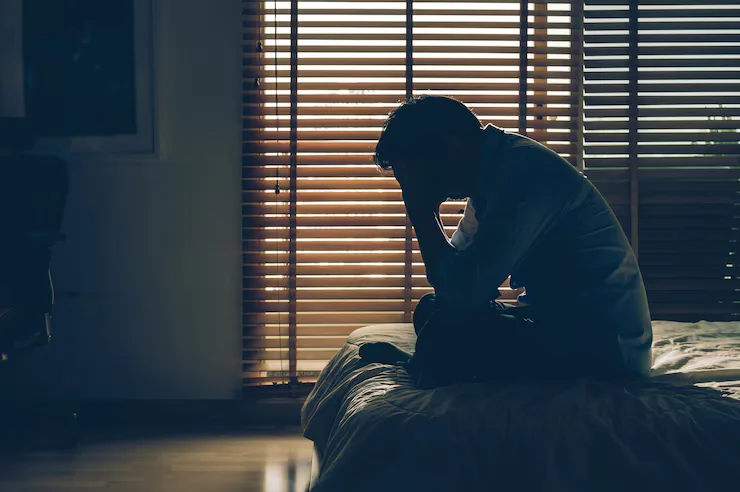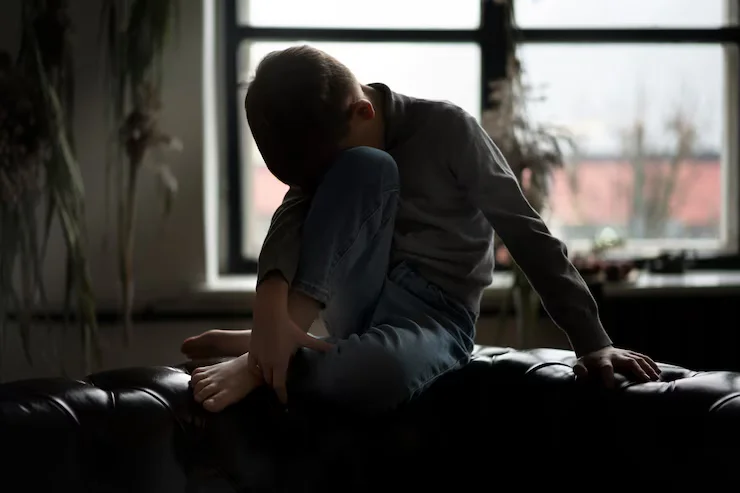-
129, Block-A Bangur Avenue, Mousumi Appartment, Kolkata 700055
129, Block-A Bangur Avenue, Mousumi Appartment, Kolkata 700055

Rebuild Your Social Life with empathy and expert-backed steps. Learn how support, routine, and guidance from a reputed counselor can help.
Emerging from a depressive episode can feel like waking up after a long, heavy storm. The skies are clearer—but you’re still adjusting to the light.
Social interaction, once natural or even energizing, might now feel overwhelming or unfamiliar. Reconnecting with people can bring fear of judgment, rejection, or discomfort. But regaining those bonds is essential—not just for emotional recovery, but also for sustaining long-term well-being.
Let’s explore how to rebuild your social life after depression in a way that feels supportive, respectful of your pace, and grounded in psychological insights.

Social support is more than company—it’s protective medicine. Research shows that:
But building (or rebuilding) your social life requires more than just showing up. It begins with small, intentional steps, tailored to your comfort level.
Before jumping in, check in with yourself. These are signs you may be ready to begin rebuilding:
Even if these feelings are faint or inconsistent, they’re valid starting points.

The key is not speed—it’s sustainability. Use the following methods to rebuild your social life gradually and meaningfully:
You don’t need a long catch-up session—just a simple touchpoint.
Choose one time slot per week to do something social, like:
Even 30 minutes of social exposure weekly can rebuild confidence.
It’s okay to admit that you’re nervous. Share how you feel:
“I’m still recovering and easing back into things. Thanks for understanding if I seem quiet.”
This disarms pressure and sets a compassionate boundary.
Opt for places and people that don’t feel draining:
You deserve to prioritize your own comfort.
Rebuilding doesn’t mean becoming a social butterfly overnight. Progress looks like:
These moments are quiet victories. Acknowledge and honor them.
Fear is natural. But most of it is rooted in assumptions—not truths. Let’s challenge a few:
| Fear | Reframe |
|---|---|
| “People will judge me.” | Most people are more compassionate than we assume. |
| “I’ve been gone too long.” | Genuine friends understand and welcome you back. |
| “I don’t have anything interesting to say.” | Presence matters more than conversation. |
Talking about your journey isn’t necessary unless you choose to. There’s no obligation to explain your silence or absence.
Working with professionals can be invaluable during this phase. They can help you:
Social recovery isn’t linear, and compassionate guidance ensures you don’t navigate it alone.
You don’t have to rely only on willpower. Use these tools to support your progress:
These resources help you stay connected to yourself while connecting with others.

Q1. How long does it take to rebuild a social life after depression?
There’s no fixed timeline. Some feel ready in weeks; others take months. It’s okay to move at your own pace.
Q2. Should I tell people I had depression?
That’s a personal choice. You’re never obligated to explain. Share only if it feels empowering or necessary.
Q3. What if I feel rejected again?
Social rebuilding involves some setbacks. A counselor can help you process rejection in a healthy, non-personalized way.
Q4. Are group therapies helpful for social reintegration?
Yes! They offer a safe, judgment-free space to rebuild interaction skills.
Q5. What if I relapse into isolation?
It happens. The goal isn’t perfection—it’s resilience. Each restart is progress.
Reconnecting with others after depression is not about returning to your “old self.” It’s about meeting your new self—wiser, softer, and more in tune with what you need.
Remember, the goal isn’t to be “socially perfect.” It’s to feel seen, supported, and safe.
So, start small. Let one message, one smile, or one walk be the foundation. And if it ever feels too heavy, know that guidance from experienced psychological counselors can gently help you reconnect with yourself and others, at your own pace.
Healing isn’t loud. Sometimes, it sounds like laughter at a café, or the quiet courage it takes to say “hi” again.